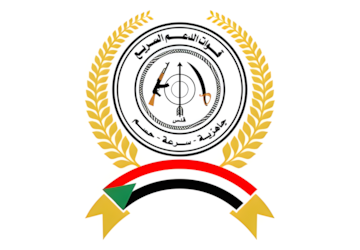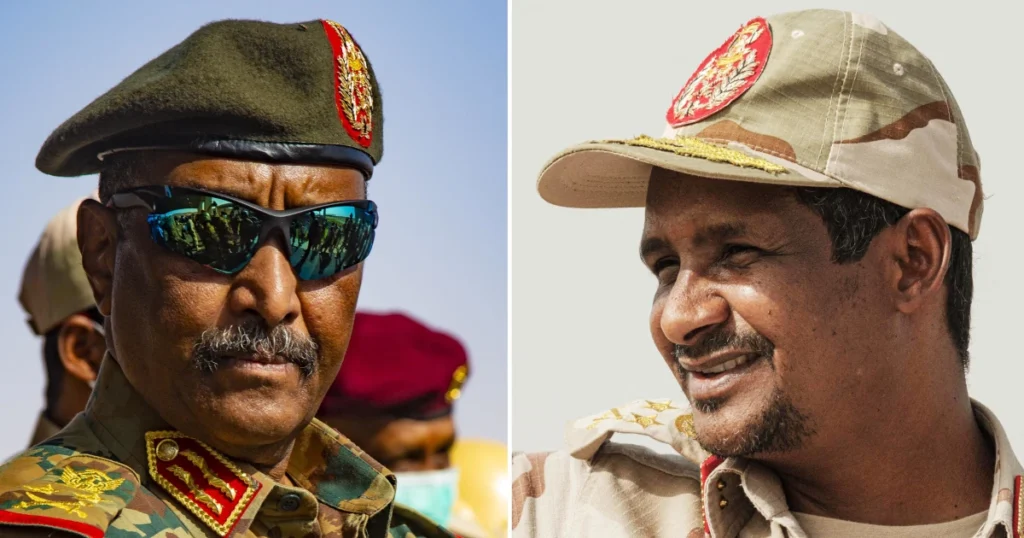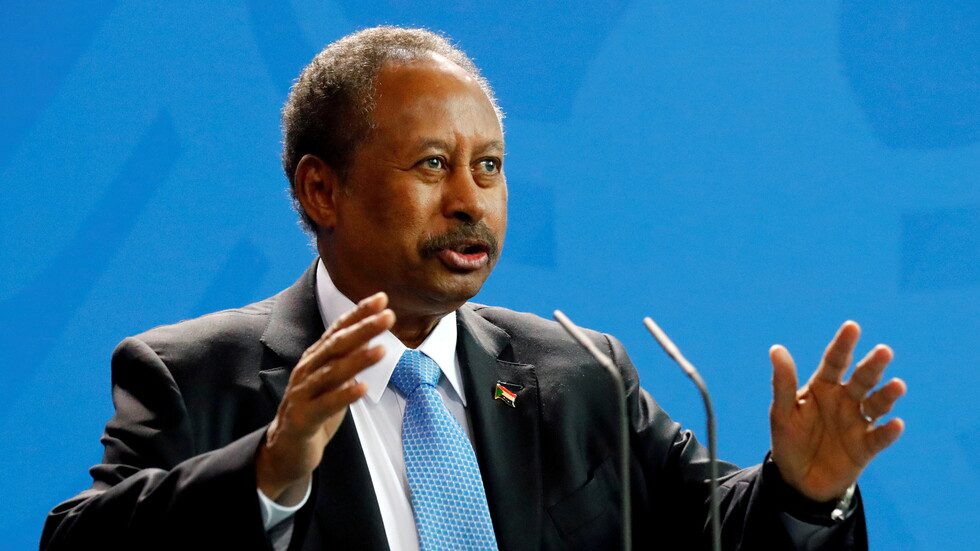
South Sudan, once buoyed by independence and oil wealth, now faces a growing storm of unpaid debts tied to its crude exports. The country’s oil-backed debt stands at nearly $2.3bn, dwarfing its GDP and dragging its fragile economy into deeper crisis.
Civil war, corruption and a failing oil pipeline have hollowed out the government’s capacity to repay creditors, many of whom now seek legal remedies. Qatar National Bank (QNB) is pursuing a $1bn arbitration award in the U.S., stemming from a loan extended shortly after independence.
Meanwhile, London courts have awarded $657mn to Afreximbank, after South Sudan failed to repay pandemic-era loans secured by oil. Energy traders Vitol and BB Energy have also filed lawsuits, citing unpaid cargo contracts, with only one case reportedly resolved.
The largest known debt—over $400mn—is owed to UAE-based Nasdec General Trading, under a prepayment agreement from 2019. Other creditors include Sahara Energy and the Trade and Development Bank, with combined exposures exceeding $270mn.
The IMF reports that South Sudan’s GDP is expected to shrink by 4.3% this year amid halted loan repayments since 2018. A UN panel warns of economic collapse, revealing that many civil servants haven’t been paid in over a year.
Oil production, the nation’s economic lifeline, has plunged since independence, now yielding barely enough for one export cargo per month. Facing unsustainable interest rates—some as high as Libor plus 7.5%—the government has vowed to end oil-backed borrowing.
Campaigners call on the UK to shield debt-stricken nations like South Sudan from aggressive litigation by international creditors. “Our people need food, peace and shelter,” said Debt Justice’s Jerome Phelps. “Not lawsuits over barrels of lost oil.”




